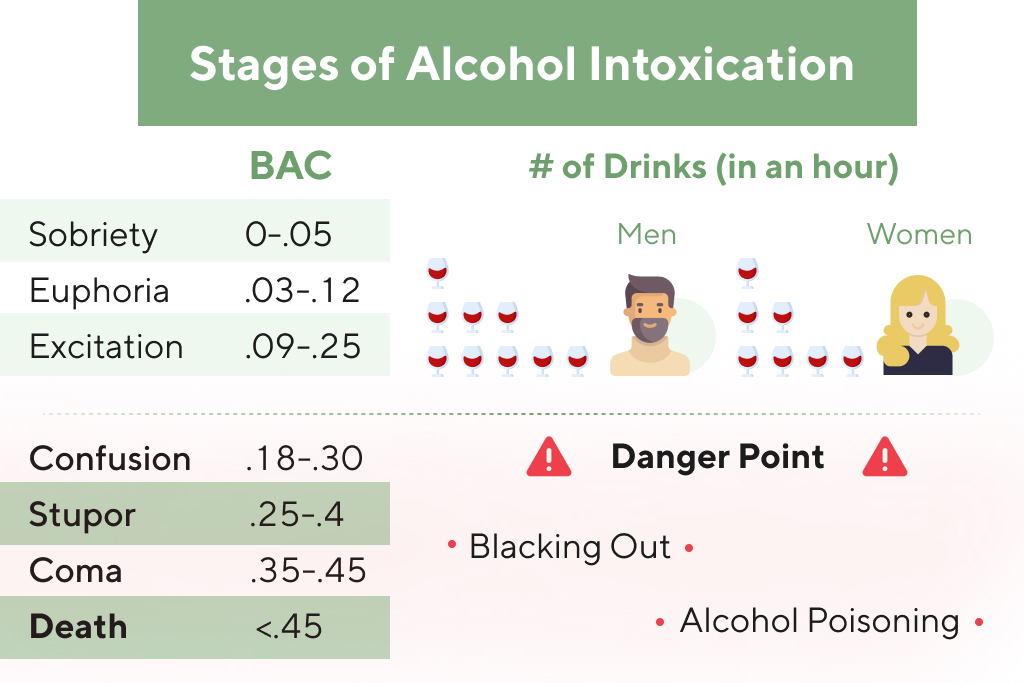People struggling with addiction usually deny they have a problem and hesitate to seek treatment. An intervention presents a loved one with a structured opportunity to make changes before things get even worse and can motivate someone to seek or accept help. Despite the name, these are not bath products such as Epsom salts.

An intervention is an organized effort to intervene in a person’s addiction by discussing how their drinking, drug use, or addiction-related behavior has affected everyone around them. For example, a person withdrawing from alcohol can experience tremors (involuntary rhythmic shaking), dehydration, and increased heart rate and blood pressure. Since the COVID-19 pandemic, these groups that were often out of reach to many are now available online around the clock http://rapidgrowth.ru/ordshop/4?page=1 through video meetings. Such groups are not considered part of a formal treatment plan, but they are considered as useful in conjunction with professional treatment. Lofexidine was the first medication approved by the Food and Drug Administration (FDA) to treat opioid withdrawals. Compared to a placebo (a pill with no therapeutic value), it significantly reduces symptoms of withdrawal and may cause less of a drop in blood pressure than similar agents.
Treat Co-Occurring Mental Health Conditions
Sometimes called the “opioid epidemic,” addiction to opioid prescription pain medicines has reached an alarming rate across the United States. Some people who’ve been using opioids over a long period of time may need https://eskulap.top/onkologija/sarkoma-kaposhi/index.html physician-prescribed temporary or long-term drug substitution during treatment. Examples include methylenedioxymethamphetamine, also called MDMA, ecstasy or molly, and gamma-hydroxybutyric acid, known as GHB.

The paranoia and hallucinations caused by meth disorient them, he said. One patient threw himself in a river to escape nonexistent people who were chasing him. Others insisted that dumpsters were talking to them, that color-coded cars were sending them messages.
The Nitty-Gritty Skills of Recovery
Still, some people in the addiction-treatment field reserve recovery to mean only the process of achieving remission and believe it is a lifelong enterprise of avoiding relapse. Recovery suggests a state in which the addiction is overcome; https://rp-universe.ru/dc/superman-2011/ clinical experience and research studies provide ample evidence. Gaining the skills to avoid relapse is a necessary part of the recovery process. At least equally necessary is developing in a positive direction out of the addiction.
- If you buy drugs, you should consider telling your dealer that you are quitting; ask your dealer not to call you and not to sell you drugs anymore.
- Teachers, parents, and health care providers have crucial roles in educating young people and preventing drug use and addiction.
- Detox may involve gradually reducing the dose of the drug or temporarily substituting other substances, such as methadone, buprenorphine, or a combination of buprenorphine and naloxone.
- Your brain still wants the effect of the dopamine high, and it’s perfectly happy to get it, any way possible.
- People in rural areas tend to have less access to health care.
It is important to reach out for help as soon as possible though, as early intervention is one of the best tools for a full recovery.
Why Overcoming Addiction Is So Difficult
Others find it painful, difficult, and frustrating, sometimes needing many attempts before achieving their goal. Still, others discover new sides to themselves during the quitting process (a greater capacity for compassion, for example). Relapse is common, but it can also be dangerous and even fatal in the case of some substances. The risk of dying from an overdose is extremely high if you have been through withdrawal because your tolerance of the drug will be much lower than it was before you quit. Make sure you have someone with you if you decide to use again. While it can be disheartening and frustrating, relapse is quite common.
